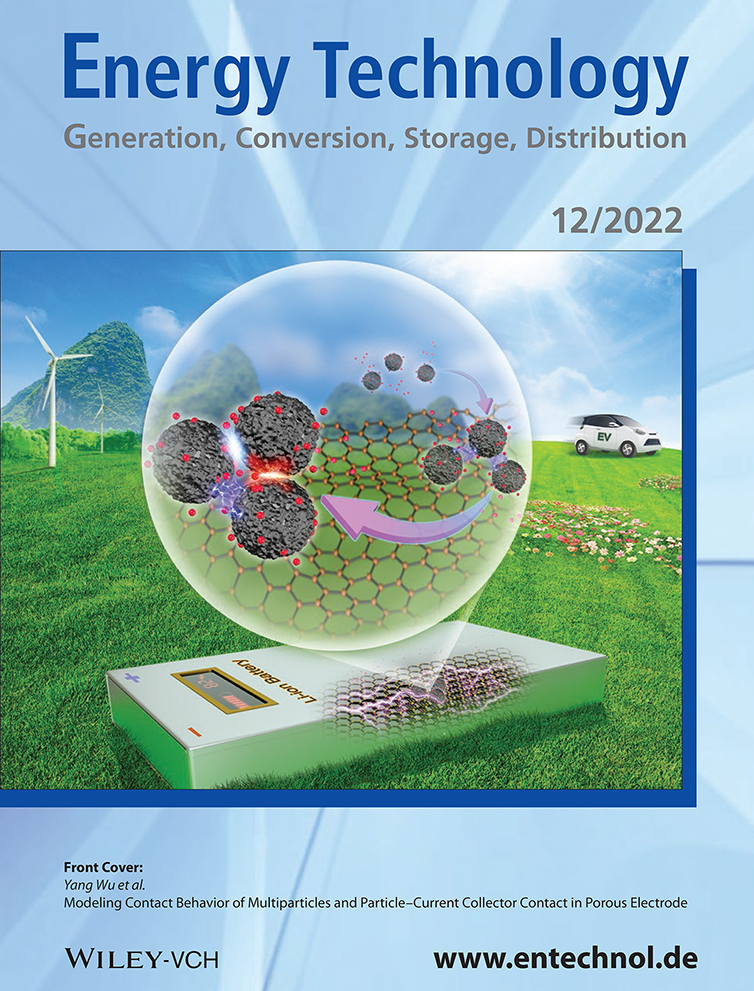Effect of Electrolyte Concentration on Electrochemical Performance of ZnWO4 Nanosheets Array
Abstract
At present, supercapacitors have become efficient electrochemical energy storage devices. Electrode materials and electrolyte concentration are important factors affecting the electrochemical performance of supercapacitors. Among the transition metal oxide electrode materials, ZnWO4 has become a promising electrode material for supercapacitors due to its excellent electrochemical performance, but it is still limited by its low energy density. Therefore, the design and development of electrode materials with special structures and the exploration of appropriate electrolyte concentrations have important practical significance for improving the electrochemical performance of ZnWO4-based supercapacitors. Herein, ZnWO4 nanomaterials with a nanosheets array structure are prepared by a hydrothermal method, and the effect of different KOH electrolyte concentrations on their electrochemical properties is explored for the first time. It is found that when KOH is 6 M, ZnWO4 nanosheets array has the highest specific capacitance (660.72 F g−1 at 1 A g−1) and energy density of 99.93 Wh g−1 (ΔV:0–0.55 V). In this article, the influence of different electrolyte concentrations on the electrochemical properties is revealed and the mechanism is clarified, which provides a reference for the further development of ZnWO4 nanomaterials.
Conflict of Interest
The authors declare no conflict of interest.
Open Research
Data Availability Statement
The data that support the findings of this study are available from the corresponding author upon reasonable request.




